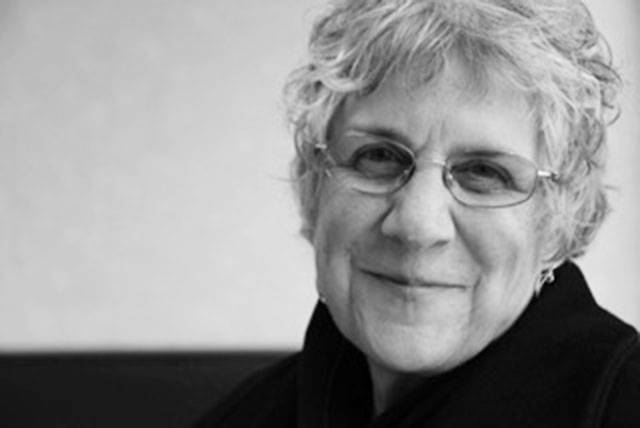The Indivisible Vashon Immigrant and Refugee Working Group formed after the 2016 presidential election with the intent to inform themselves about the complex issues surrounding immigration and support neighbors and friends impacted by historical and recent immigration-related events. This commentary is part of a series of personal stories about “Why I Care.”
My grandmother always used to say: “Don’t judge a person until you have walked a mile in his shoes.” She used the phrase to suggest that the world I grew up in might look very different to someone else who was inhabiting the same world at the same time. I listened to her counsel, but it was not an easy maxim to follow. I am absorbed by my world, and perceiving it differently requires deliberate effort.
The disconnect between my life, my experiences and the lives of others has fortunately been bridged, to a degree, by my 45 years of work as an educator, most recently as a principal in an elementary school serving a high population of immigrant and refugee families. The people I met there taught me some of what the world is like through the lenses of their lives.
There are daily fears and nightly terrors, and memories — both comforting and frightening. There are memories of places — dusty streets, open doors of homes with familiar sounds and smells spilling out into courtyards and roads and coastal towns and inland farmlands made arid by changing climates. There are memories of family left behind, parents dying without children to soothe their last moments, children born, but who will never be held. There are other memories of gunshots in the night, threats and beatings, body parts along the side of a road and friends, neighbors and family members who have disappeared.
I heard stories of terrified families fleeing under hostile conditions to safety: children tucked into trunks, writing about the experience years later in a fifth-grade poetry assignment, mothers tearfully describing the ways in which they handed over a fake identification card with someone else’s name to a border guard who dismissively looked them over, nodded and waved them across.
Even then, safety is elusive. It was not uncommon for children to come to our school and share with a teacher that their father had been taken away over the weekend. Mothers would arrive at the office to say that their husband had been detained, but they did not know where he was now. Was he in Tacoma? Arizona? Southern California? Had he already been deported? Very young children knew not to answer knocks at the door, not to go outside when there were threats of a raid and not to talk about where they came from.
Both school and parents encourage children to succeed. Parents told me that the dreams for their children were often the reason they undertook their perilous journey, leaving family and country behind. They packed meager belongings, what they could carry wrapped with the twin ropes of fear and hope — fear of the unknown and hope for their children. They hope that their children will grow and thrive in their new country, receive an education, improve their chances of success in life, have productive jobs, marry, have children who are free to choose who they are and how they want to contribute to the new country they have sacrificed so much to inhabit.
The world of the families in the school I led is fraught with pain, worry, angst and terror. The shoes that my immigrant and refugee friends and neighbors wear look a great deal like my own — tennis shoes, boots, sandals — but their perspective is very different from mine. Walking for a while in their shoes, seeing the world through their eyes, understanding the fierce resolve with which they are striving to make a new life in the country we share — how can I not make room for them, speak up for them, love them?
— Across her career, Susie Murphy taught students from kindergarten through graduate programs in education. She retired as an elementary principal in Seattle Public Schools in 2011. She lived on Vashon as a child and returned full-time in 1998.



